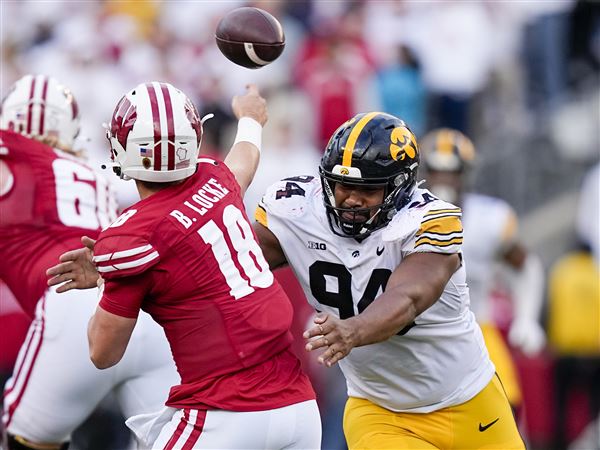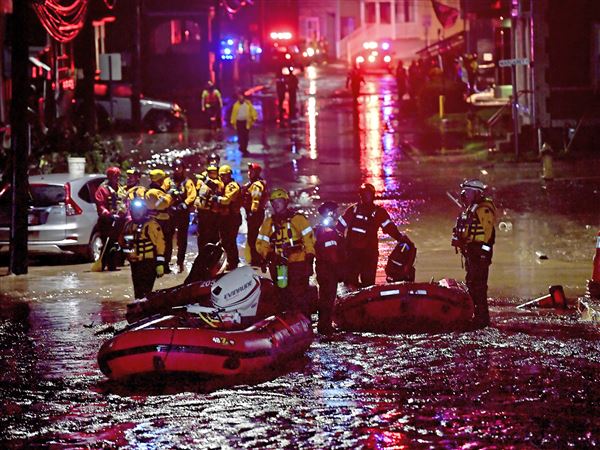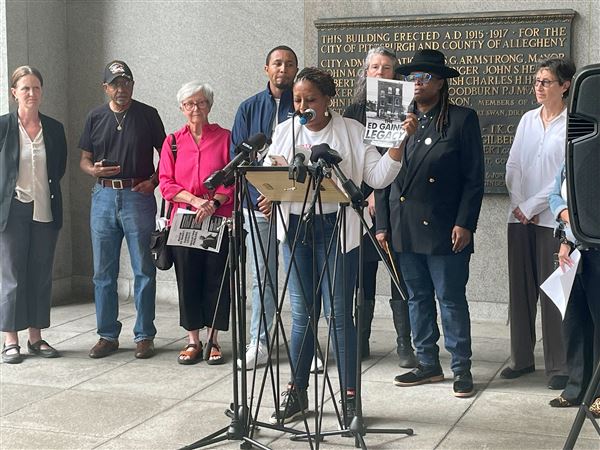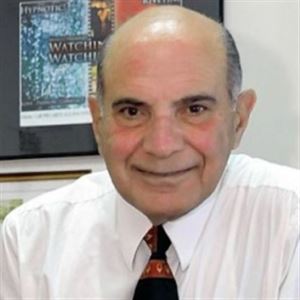I’d started to write on the absurdity and injustice of the college playoff selection system, giving a place to Alabama over a team that had earned its way there, Florida State. I don’t care about college football, but I do care about major cultural institutions that claim to represent important virtues, like sportsmanship and fair play, and on the basis of their special virtue demand special legal status, but toss virtue aside when they see they can make even money than the already vast amounts they’re getting.
But then I thought that was too sordid and depressing and I should write on something nicer.
Like Kurt Vonnegut
Like the writer Kurt Vonnegut, once an important figure in the American literary world, but not so much any more, except among people over about 50 or 55 who had crunchy-granola upbringings. I read him in high school as most people in my circles did, but I don’t think I really got what he was about.
The anti-war stuff, and the satire, as in his most famous novel, “Slaughterhouse Five,” yes, but not the amused kindness of a fundamentally humane man that comes through his talks and essays. I’ve been reading him lately and he makes me feel better about the world, though not about the NCAA’s selection committee. Here are a few somewhat random quotes I’d written down.
He could appreciate the good even in bad people, and accepted that people are complicated, even bad people. And he chose an extreme example to make the point.
He noted that some books “come from the best parts of human beings who have often, in real life, been contemptible in many ways.” The best example he knows is the French novelist Celine, a French physician who treated the poor, and was also a horrible anti-semite who was convicted after World War Two for collaborating with the Germans.
“I read his early novels without knowing anything about his vicious anti-semitism. He kept it out of his early books. The internal evidence of those books persuaded me, and many others, too, that I was in the presence of a great man. I was in the fact in the presence of greatness in a man — the goodness he could find when ransacking himself. So be it. He is dead now. I love the good part of him.”
Vonnegut had a high view of humanity, higher than most people have, and one I don’t exactly share. “My books so far have argued that most human behavior, no matter how ghastly or ludicrous or glorious or whatever, is innocent,” he wrote.
The actress Marsha Mason once asked him if he knew what the trouble is with New York. He didn’t. “Nobody here,” she said, “believes that there is such a thing as innocence.” And that, he thought, was bad. (He lived in Manhattan.)
A high view of life
And he had a high view of the goodness of life. He spoke of his uncle Alex, “a childless graduate of Harvard who was an honest life-insurance salesman in Indianapolis.” (Vonnegut was a child of the Midwest.) “He was well-read and wise. And his principle complaint about other human beings was that they so seldom noticed it when they were happy.”
Uncle Alex would sometimes say on a pleasant day, like when they were sitting outside drinking lemonade, “If this isn’t nice, I don’t know what is.” Vonnegut writes: “So I do the same now, and so do my kids and grandkids. And I urge you to please notice when you are happy, and exclaim or murmur or think at some point, ‘If this isn’t nice, I don’t what is.’”
Along the same lines, the goodness of life, he continually called people to do the good things they wanted to do, and not the false things other people wanted them to do. He would have made my high school guidance counselor cry.
“If you want to really hurt your parents, and you don’t have the nerve to be gay, the least you can do is go into the arts,” he said. “I’m not kidding. The arts are not a way to make a living. They are a very human way of making life more bearable. Practicing an art, no matter how well or badly, is a way to make your soul grow, for heaven’s sake. Sing in the shower. Dance to the radio. Tell stories. Write a poem to a friend, even if a lousy poem. Do it as well as you possibly can. You will get an enormous reward. You will have created something.”
The Apocalypse
Kurt Vonnegut wasn’t blind. No one who’d lived through the fire-bombing of Dresden (the subject of “Slaughterhouse Five”) could be. He offered the perfect advice for facing societal collapse.
“And how should we behave during this Apocalypse? We should be unusually kind to one another, certainly. But we should also stop being so serious. Jokes help a lot. And get a dog, if you don’t already have one.”
David Mills is the associate editorial page editor and columnist for the Pittsburgh Post-Gazette: dmills@post-gazette.com. His previous column was “Socialism, capitalism, idealism, and a reason American politics is what it is.”
First Published: December 5, 2023, 12:37 a.m.
Updated: December 5, 2023, 1:31 a.m.


















